As concerns continue to rise, many people are looking for ways to protect themselves in order to stay healthy. While experts state optimising your immune system is something we all should be doing all year long, there are some steps people can take right now.
We know most viral illnesses are felt the hardest by the elderly and immune-compromised individuals. This is because the elderly or those with underlying disease stressors, the thymus and bone marrow produce less of the essential Vital B and T cells, which are key players in keeping the immune system strong,
But when it comes to maintaining healthy immune function, there’s one overlooked factor, which significantly impacts our own ability to defend against illness. The factor is our nutritional diet, which stimulates our immune system. Many of us have micro-nutrient deficiencies. Nutritional deficiencies are often due to the lack of diversity in the foods that we consume.
You may recall Hippocrates stated “Let they food be thy medicine and thy medicine be thy food” Therefore what we eat, and what we don’t eat, has an essential role in how our immune system functions.
Consuming probiotic supplements or foods with a variety of differing bio available
nutrient-dense foods is essential for our own wellbeing. The probiotic can assist in the conversion of the foods which contain vitamins, antioxidants and inflammation-fighting micronutrients needed to help our immune system function at its best.
Food Nutrients That Boost Immunity.
1.) Pre and Pro Biotics.
The Gut is responsible for 75% of the immune system. A healthy Gut requires Pre and Probiotics in order to maintain its ability to convert the nutrient’s in the food we consume.
Intestinal microbiota, or gut flora, and the gut barrier determine gut health. Inside the gut are about 100 trillion live microorganisms that promote normal GI function, protect the body from infection, and regulate metabolism and the mucosal immune system. In fact, they comprise more than 75% of the immune system.
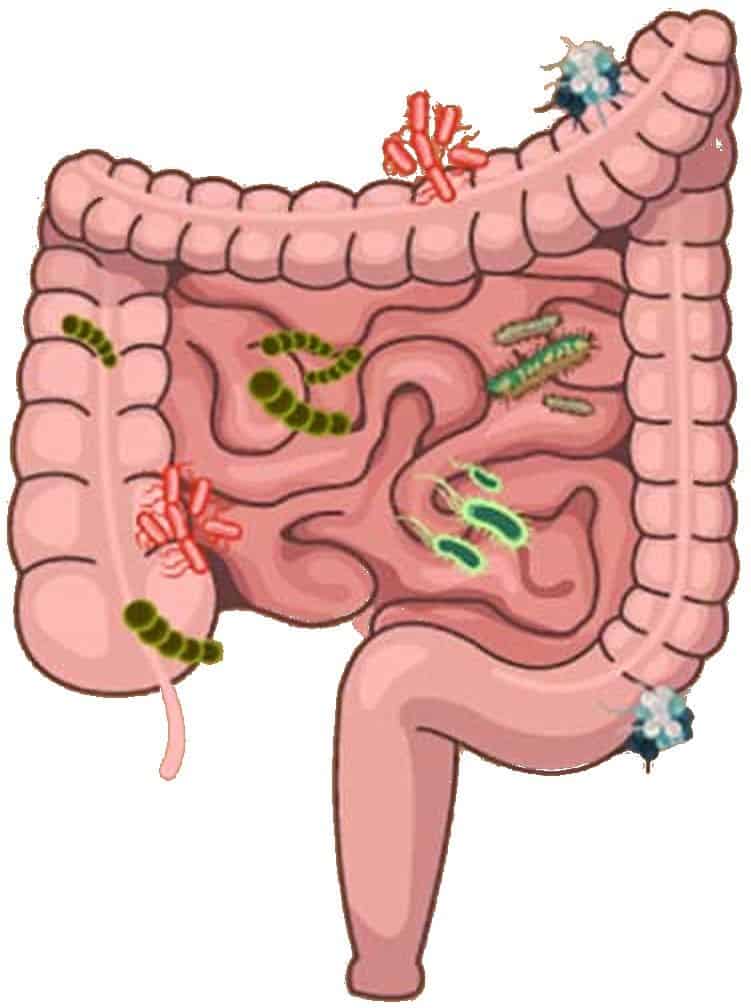
2.) Zinc
Zinc is an essential mineral for DNA synthesis and cell proliferation, and for this reason, highly proliferating cells, like immune cells, are dependent on an adequate supply of zinc.
Zink stimulates the growth function and different types of immune cells, like macrophages, neutrophils, natural killer cells, T cells, and B cells become impaired by zinc deficiency.
In fact, fewer than half of adults particularly those over 55 consume adequate zinc. The problem is compounded because there may be a loss of absorption efficiency as we age.
Zinc is an essential mineral involved in the production of certain immune cells. Maintaining an adequate zinc status can limit the decline in immune function.
Research suggests that, especially for older people, maintaining an adequate zinc status may be of particular importance for preventing pneumonia.
In a 2007 study, adults ages 55 to 87 had lower plasma zinc and higher oxidative stress and inflammatory markers compared to younger adults.
In addition to its role in the immune system, zinc also reduces oxidative stress, plays a structural role by stabilizing proteins, regulates the expression of many genes, and drives hundreds of chemical reactions in the body.
Note over use of Zink supplements can produce negative results. It is therefore better to consume Zink in its natural food form to do this consume two to three servings of zinc-rich foods per day,
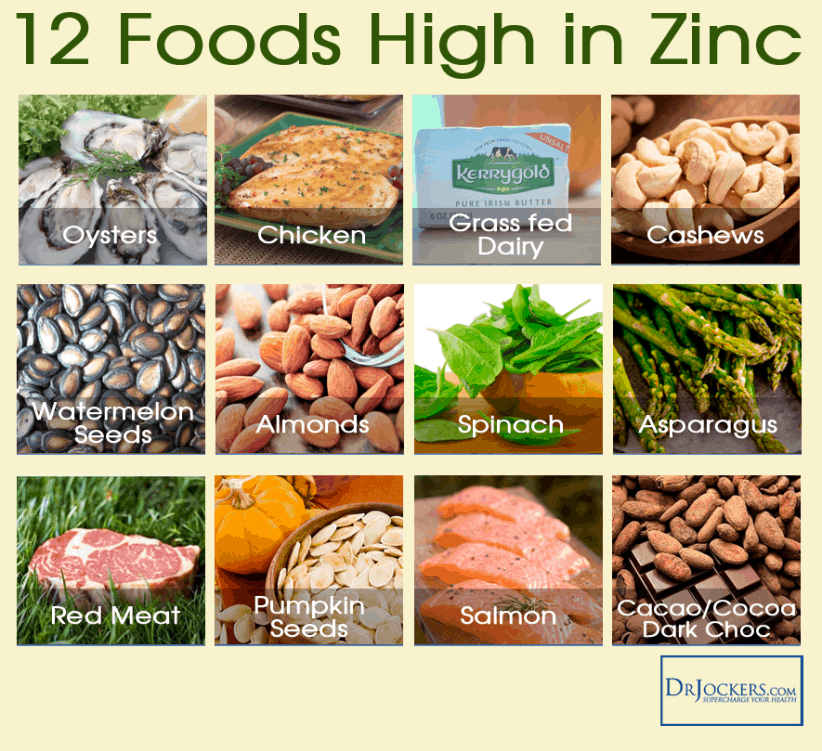
3.) Vitamin C
Vitamin C acts as an antioxidant. Antioxidants help fight free radicals, a type of unstable molecule known to damage the immune system function.
They do so by protecting cells from harmful molecules called free radicals.
When free radicals accumulate, they can promote a state known as oxidative stress, which has been linked to many chronic diseases.
Studies show that consuming natural foods with vitamin C can increase your blood antioxidant levels by up to 30%. This helps the body’s natural defences fight inflammation.
Vitamin C also helps encourage the production of white blood cells known as lymphocytes and phagocytes, which help protect the body against infection.
Studies have repeatedly confirmed the immune-boosting benefits of vitamin C. A review published in the Annals of Nutrition & Metabolism showed that getting enough vitamin C may help reduce symptoms and shorten the duration of respiratory tract infections. Plus, vitamin C may also help decrease the incidence of other conditions like pneumonia, malaria.
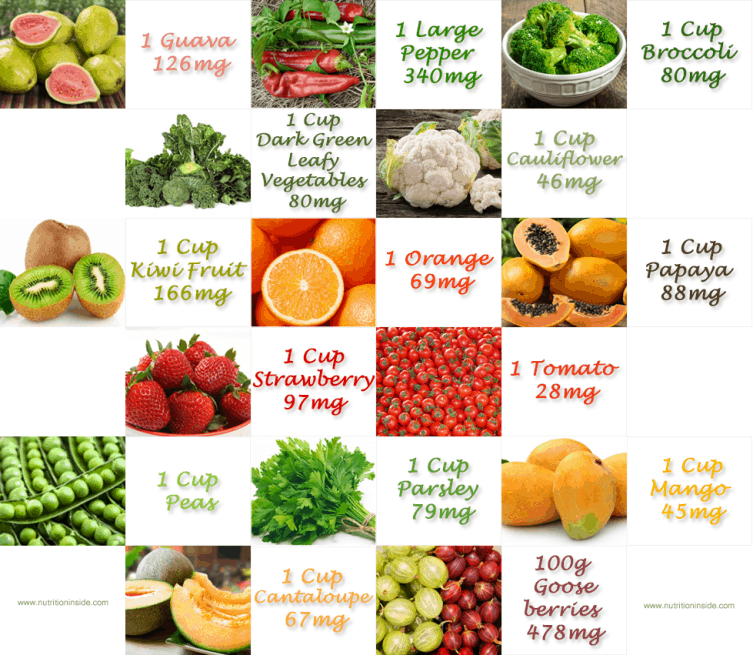
4.) Vitamin E
Like vitamin C, vitamin E is a powerful antioxidant. Research suggests maintaining ample levels of vitamin E is crucial for maintaining a healthy immune system, especially among older people.
Certain isomers of vitamin E have powerful antioxidant abilities that have the power to reduce free radical damage, fight inflammation, and therefore help naturally slow aging in your cells and fight off health issues.
Studies have shown that these can significantly increase immunity, therefore helping prevent both common illnesses and serious conditions from forming.
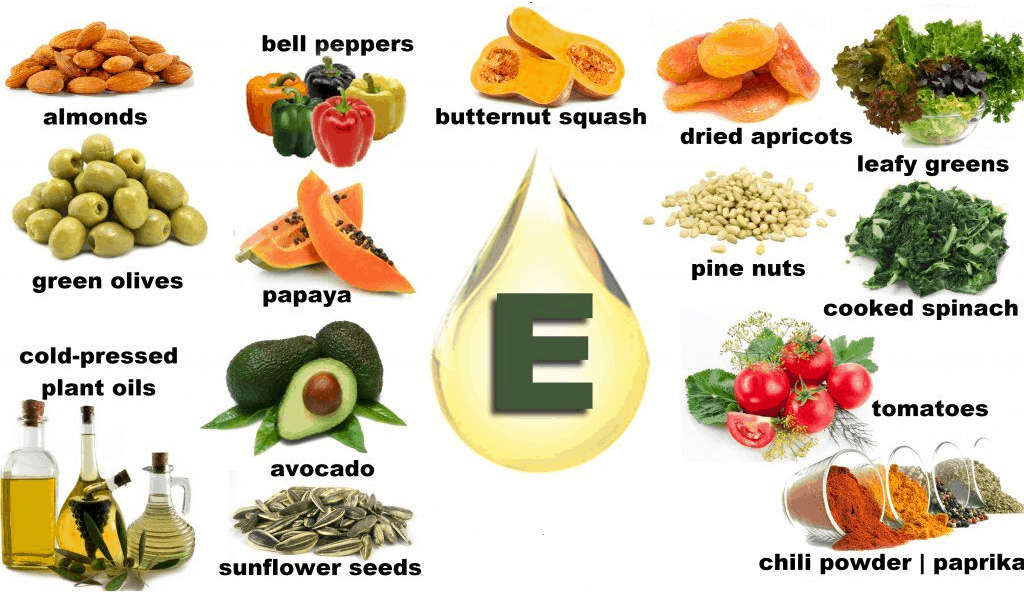
5.) Omega-3 Fatty Acids
The most commonly known benefit of omega-3s is a reduced risk of heart disease, but that’s not the only research- According to scientists omega-3 fatty acids may also help to boost the immune system by enhancing the functioning of immune cells,
Researchers from Michigan State University and East Carolina University found that omega-3 fatty acids boosted activity of a white blood cell called a B cell, a vital part of the body’s immune response.
Notably, omega-3 fatty acids can also reduce the production of molecules and substances linked to inflammation, such as inflammatory eicosanoids and cytokines.
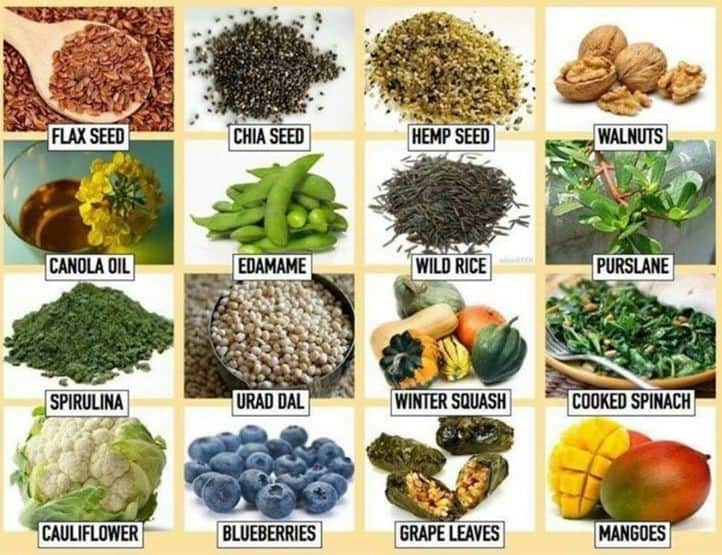
6.) Amino Acids
A deficiency of dietary protein or amino acids has long been known to impair immune function and increase the susceptibility of animals and humans to infectious disease. However, only in the past 15 years have the underlying cellular and molecular mechanisms begun to unfold. Protein malnutrition reduces concentrations of most amino acids in plasma.
Findings from recent studies indicate an important role for amino acids in immune responses by regulating: (1) the activation of T lymphocytes, B lymphocytes, natural killer cells and macrophages; (2) cellular redox state, gene expression and lymphocyte proliferation; and (3) the production of antibodies, cytokines and other cytotoxic substances. Increasing evidence shows that dietary intake of specific amino acids enhances the immune status reducing morbidity and mortality. A combination of Cysteine, Glutamine, Glycine, Lysine, Tryptophan and Arginine are among the better Amino Acid precursors.
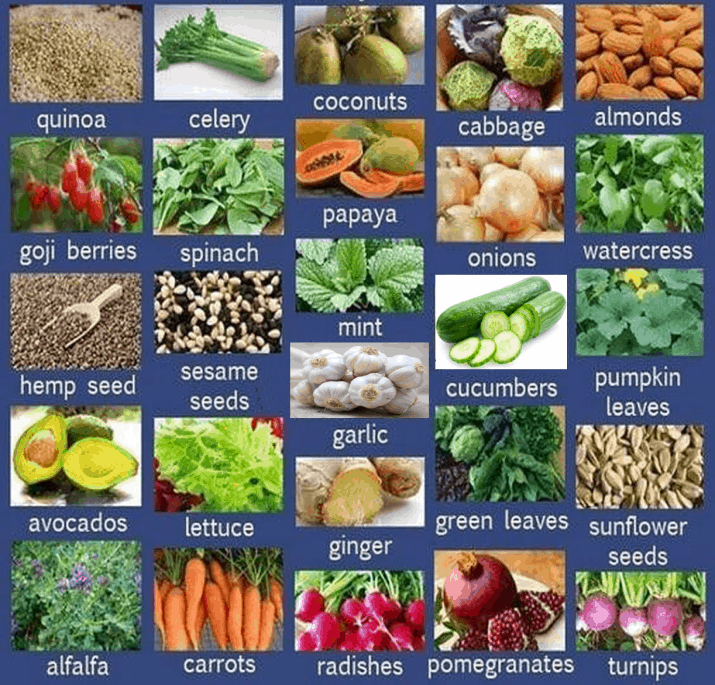
Take good care of your natural immune system and it will naturally take care of you..
Global Health Clinics, 409 Lake Rd, Takapuna, Auckland 0622
www.globalhealthclinics.co.nz

